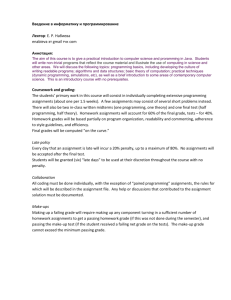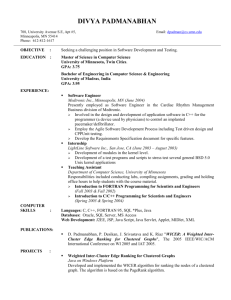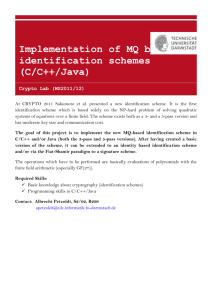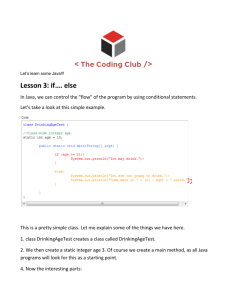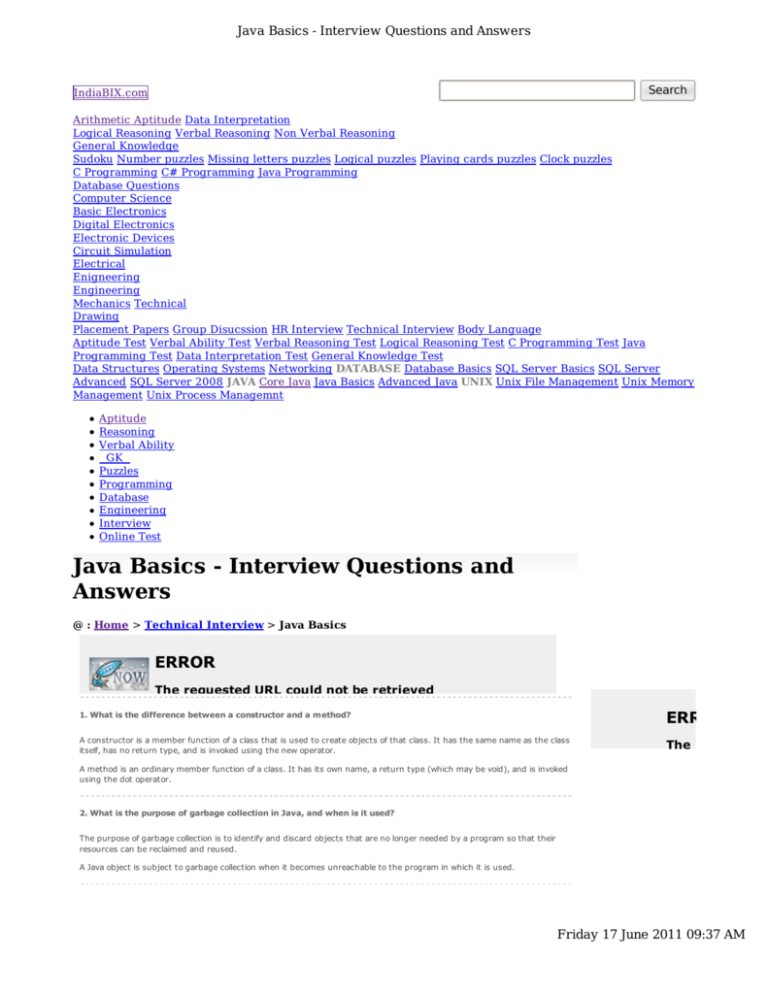
Java Basics - Interview Questions and Answers
Search
IndiaBIX.com
Arithmetic Aptitude Data Interpretation
Logical Reasoning Verbal Reasoning Non Verbal Reasoning
General Knowledge
Sudoku Number puzzles Missing letters puzzles Logical puzzles Playing cards puzzles Clock puzzles
C Programming C# Programming Java Programming
Database Questions
Computer Science
Basic Electronics
Digital Electronics
Electronic Devices
Circuit Simulation
Electrical
Enigneering
Engineering
Mechanics Technical
Drawing
Placement Papers Group Disucssion HR Interview Technical Interview Body Language
Aptitude Test Verbal Ability Test Verbal Reasoning Test Logical Reasoning Test C Programming Test Java
Programming Test Data Interpretation Test General Knowledge Test
Data Structures Operating Systems Networking DATABASE Database Basics SQL Server Basics SQL Server
Advanced SQL Server 2008 JAVA Core Java Java Basics Advanced Java UNIX Unix File Management Unix Memory
Management Unix Process Managemnt
Aptitude
Reasoning
Verbal Ability
GK
Puzzles
Programming
Database
Engineering
Interview
Online Test
Java Basics - Interview Questions and
Answers
@ : Home > Technical Interview > Java Basics
ERROR
The requested URL could not be retrieved
1. What is the difference between a constructor and a method?
ERROR
A constructor is a member function of a class that is used to create objects of that class. It has the same name as the class
itself, has no return type, and is invoked using the new operator.
The
A method is an ordinary member function of a class. It has its own name, a return type (which may be void), and is invoked
using the dot operator.
2. What is the purpose of garbage collection in Java, and when is it used?
The purpose of garbage collection is to identify and discard objects that are no longer needed by a program so that their
resources can be reclaimed and reused.
A Java object is subject to garbage collection when it becomes unreachable to the program in which it is used.
Friday 17 June 2011 09:37 AM
Java Basics - Interview Questions and Answers
3. Describe synchronization in respect to multithreading.
With respect to multithreading, synchronization is the capability to control the access of multiple threads to shared
resources.
Without synchonization, it is possible for one thread to modify a shared variable while another thread is in the process of
using or updating same shared variable. This usually leads to significant errors.
4. What is an abstract class?
Abstract class must be extended/subclassed (to be useful). It serves as a template. A class that is abstract may not be
instantiated (ie. you may not call its constructor), abstract class may contain static data.
Any class with an abstract method is automatically abstract itself, and must be declared as such. A class may be declared
abstract even if it has no abstract methods. This prevents it from being instantiated.
5. What is the difference between an Interface and an Abstract class?
An abstract class can have instance methods that implement a default behavior. An Interface can only declare constants
and instance methods, but cannot implement default behavior and all methods are implicitly abstract.
An interface has all public members and no implementation. An abstract class is a class which may have the usual flavors of
class members (private, protected, etc.), but has some abstract methods.
6. Explain different way of using thread?
The thread could be implemented by using runnable interface or by inheriting from the Thread class. The former is
more advantageous, 'cause when you are going for multiple inheritance, the only interface can help.
[ Page 1 of 17 Jump... ] Next >
ERROR
The requested URL
could not be
retrieved
The following error was encountered while trying to
retrieve the URL:
http://pagead2.googlesyndication.com
/pagead/ads?
Access Denied.
© 2008-2011 by IndiaBIX™ Technologies. All Rights Reserved | Copyright | Terms of Use & Privacy Policy
Advertise
Contact us: info@indiabix.com
Follow us on twitter!
Bookmark to: Bookmark to: Facebook
Friday 17 June 2011 09:37 AM

